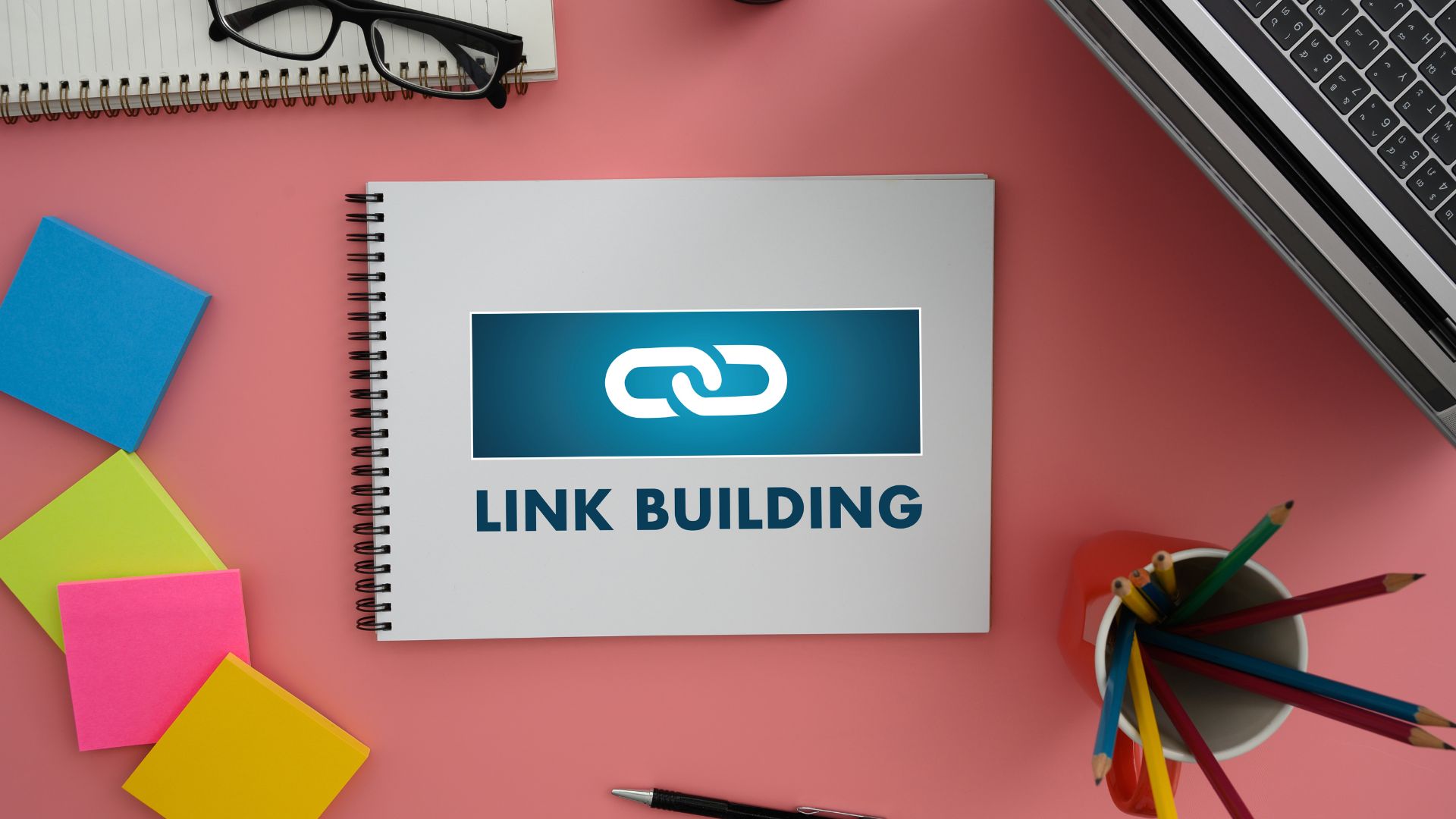
When it comes to ranking on search engines, most marketers know the basics—content is king, keywords matter, and user experience is everything. But what really separates average websites from those dominating international markets in 2025? It’s Global Link Building. Yep, those backlinks still hold weight—especially when they’re strategic, international, and well-earned.
So, what exactly is global link building, and how do you do it in a way that actually boosts your visibility, trust, and authority across borders?
Let’s break it all down—like we’re two marketers chatting over coffee.
What is Global Link Building and Why Should You Care?
Q: Isn’t link building kind of… old-school?
Honestly? It’s been around a while, but it’s far from outdated. Global link building isn’t just about any backlinks—it’s about getting quality links from sites across different countries, languages, and search markets.
If you’re targeting an international audience, relying only on backlinks from your home country won’t cut it. Search engines use local authority signals too. You want your site to appear relevant in Germany and Australia? Then you need links from domains in Germany and Australia. That’s the magic of global link building.
How Does Global Link Building Work in 2025?
Q: What’s changed in link building this year?
A lot, actually. Google’s algorithms have matured. Now they focus even more on relevance, trust, and intent. You can’t just buy a high DA backlink and expect results (though, yes, high DA backlink services still exist).
Today, search engines ask:
- Is this backlink relevant to the content?
- Does the referring site have authority in its country?
- Does the anchor text make sense?
So, if you’re using white hat link building service tactics like content outreach or collaborations, you’re already on the right track. It’s all about building natural relationships—just on a global scale.
What Countries Should You Target First?
Q: Where do I start? Should I target every country?
Not at all. Start with your highest potential markets. Use Google Analytics or tools like Ahrefs to find where your international traffic is already coming from. If you’re getting good traffic from Canada or Spain, build links there.
Also, consider using SEO outreach service tools that specialize in specific regions. Platforms like Search Logistics link building packages or Linksthatrank can help you tailor campaigns to new regions.
And if you’re based in a non-English speaking country—like, say, Zwolle in the Netherlands—services like linkbuilding Zwolle specialize in Dutch-specific outreach.
What Tactics Actually Work for International Link Building?
Q: Do I need to do anything different than local link building?
Definitely. Here’s what works in 2025:
1. Localized Guest Blogging
Pitch local blogs in your target countries. Make sure your content fits their audience and tone.
2. Multilingual Content
Create versions of your blog posts in local languages. Search engines prioritize content written in the language of the user’s country.
3. Tiered Link Building Service
This strategy involves building multiple layers of backlinks that feed into your primary backlink. It sounds complicated, but done right, it can multiply your authority without raising flags.
4. Brand Mentions Turned Backlinks
Use tools to track mentions of your brand internationally. Then reach out and ask them to link to you. Simple, low-effort, and effective.
5. Industry-Specific Tactics
Lawyers, for example, benefit from tailored link strategies. Services like link building services for lawyers focus on getting backlinks from legal directories and law-related blogs.
How Do You Avoid Penalties?
Q: Can I just buy backlinks and skip the hassle?
Sure… if you also want a potential penalty. But seriously, buying backlinks blindly is risky. If you’re going to do it, go for reputable providers like Vazoola link building services or Search Logistics buy backlinks—they focus on white-hat methods.
Still, the safest route is earning them through great content, outreach, and relationship building. Use white hat link building service providers that don’t game the system.
Tools & Tech That Help with Global Link Building
Q: Are there any tools that make this easier?
Oh yeah. In 2025, these tools are doing a lot of heavy lifting:
- BuzzSumo: Helps you find influencers and content that’s performing well globally.
- Ahrefs: Track backlinks and find international link opportunities.
- Pitchbox: Ideal for email outreach, with international segmentation features.
- Majestic SEO: Focuses heavily on trust flow and citation flow metrics.
Also, companies like the link builders and digiskyexpert (mentioned just twice, as requested!) are rolling out link building dashboards with real-time monitoring.
What About Link Building Myths?
Q: I’ve heard things like “nofollow links are useless” or “directory links are bad.” True?
Not necessarily. In 2025:
- Nofollow links still hold value, especially if they come from high-trust sites (think Forbes, Reddit).
- Directory links can work, if they’re local, relevant, and moderated.
- “All DA matters” — not true. Relevance is often more important than raw domain authority.
How to Measure Success
Q: How do I know if it’s working?
Track:
- Keyword ranking improvements in international SERPs
- Referral traffic from foreign domains
- Backlink growth using Ahrefs or SEMrush
- Engagement metrics from international users
If your bounce rate is low and time on page is high in those countries, you’re on the right track.
Common Errors to Avoid
Q: What should I NOT do when building global links?
Avoid:
- Using tools like custombox.modal is not a constructor for shady practices (no, seriously—don’t mess with sketchy automation)
- Overstuffing anchor texts
- Getting links from irrelevant countries or languages
- Ignoring local competitors and trends
Keep it real, and keep it useful. That’s what earns you lasting links.
Final Thoughts
Global link building in 2025 isn’t about shortcuts—it’s about strategy. Sure, it’s more effort, but it gives your brand a seat at the international table.
And the best part? It doesn’t just help SEO. It builds your reputation, boosts trust, and opens doors to real global partnerships.
Whether you’re just starting with servicio de link building in Latin America or diving into SEO that works in Europe, remember this: backlinks aren’t dead—they’re just evolving. The more authentically you build them, the more rewards you’ll see.






